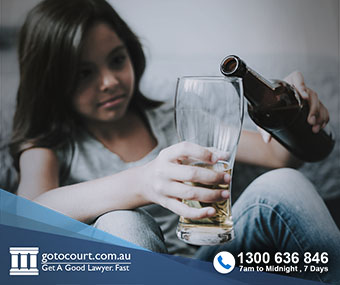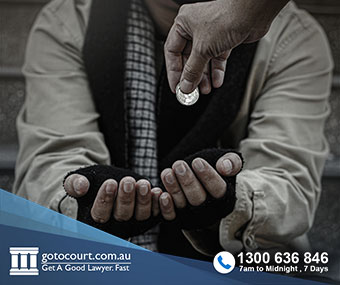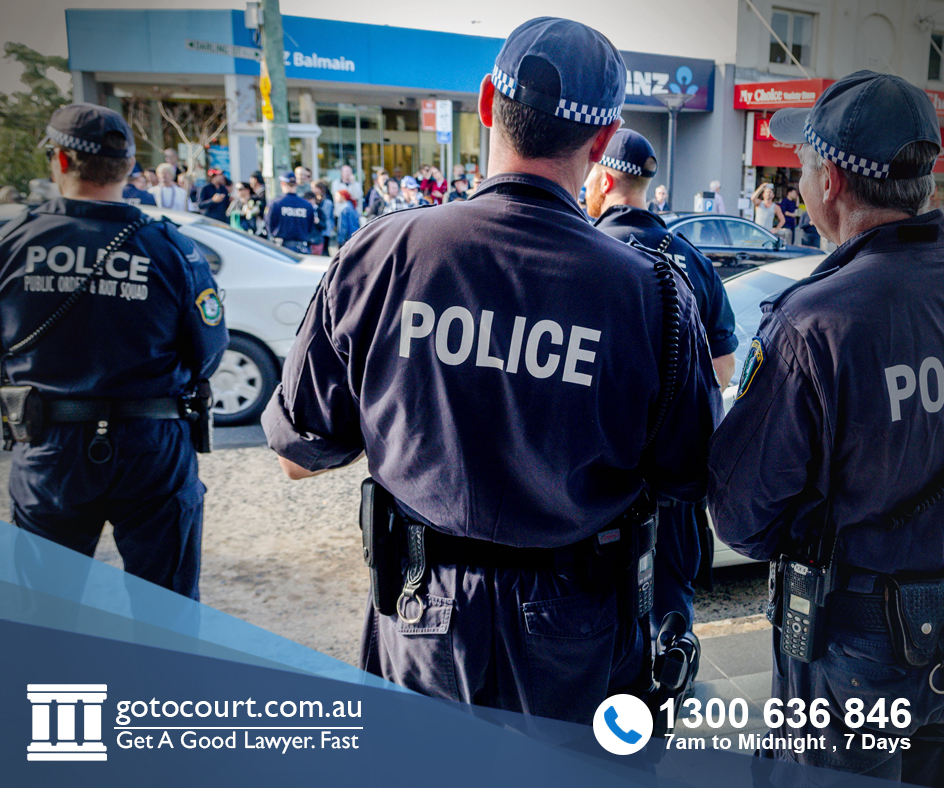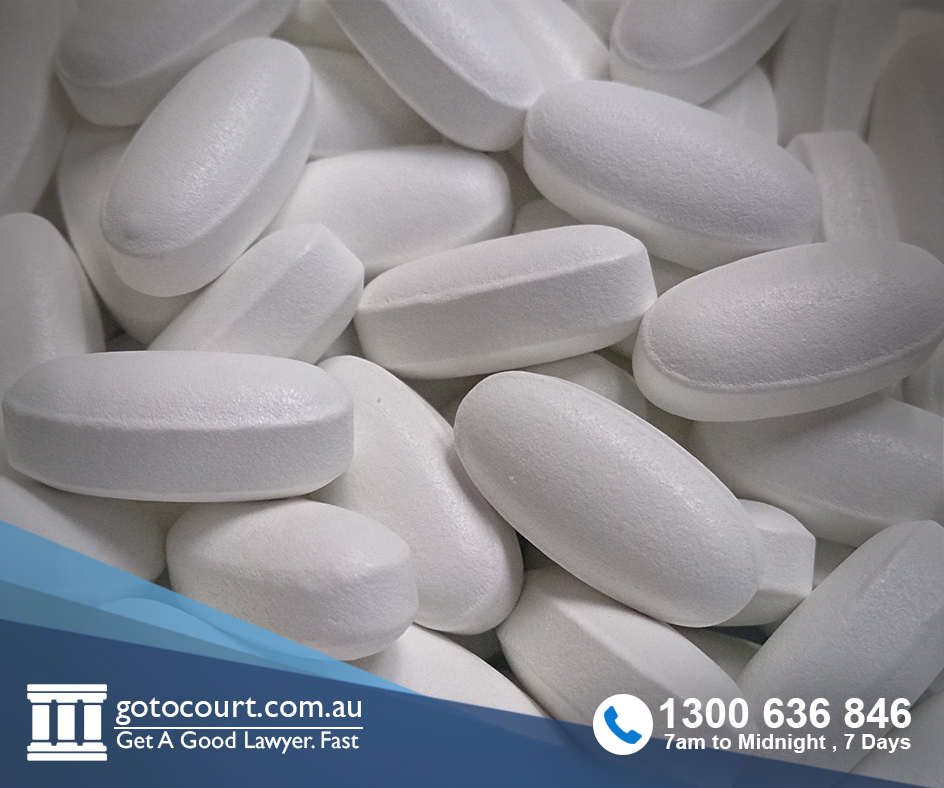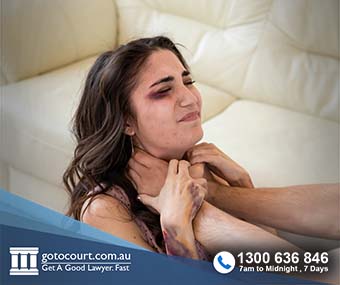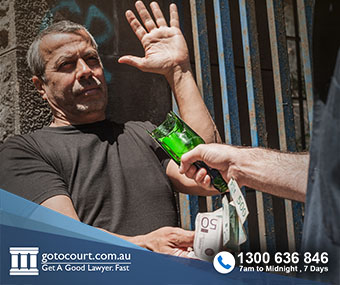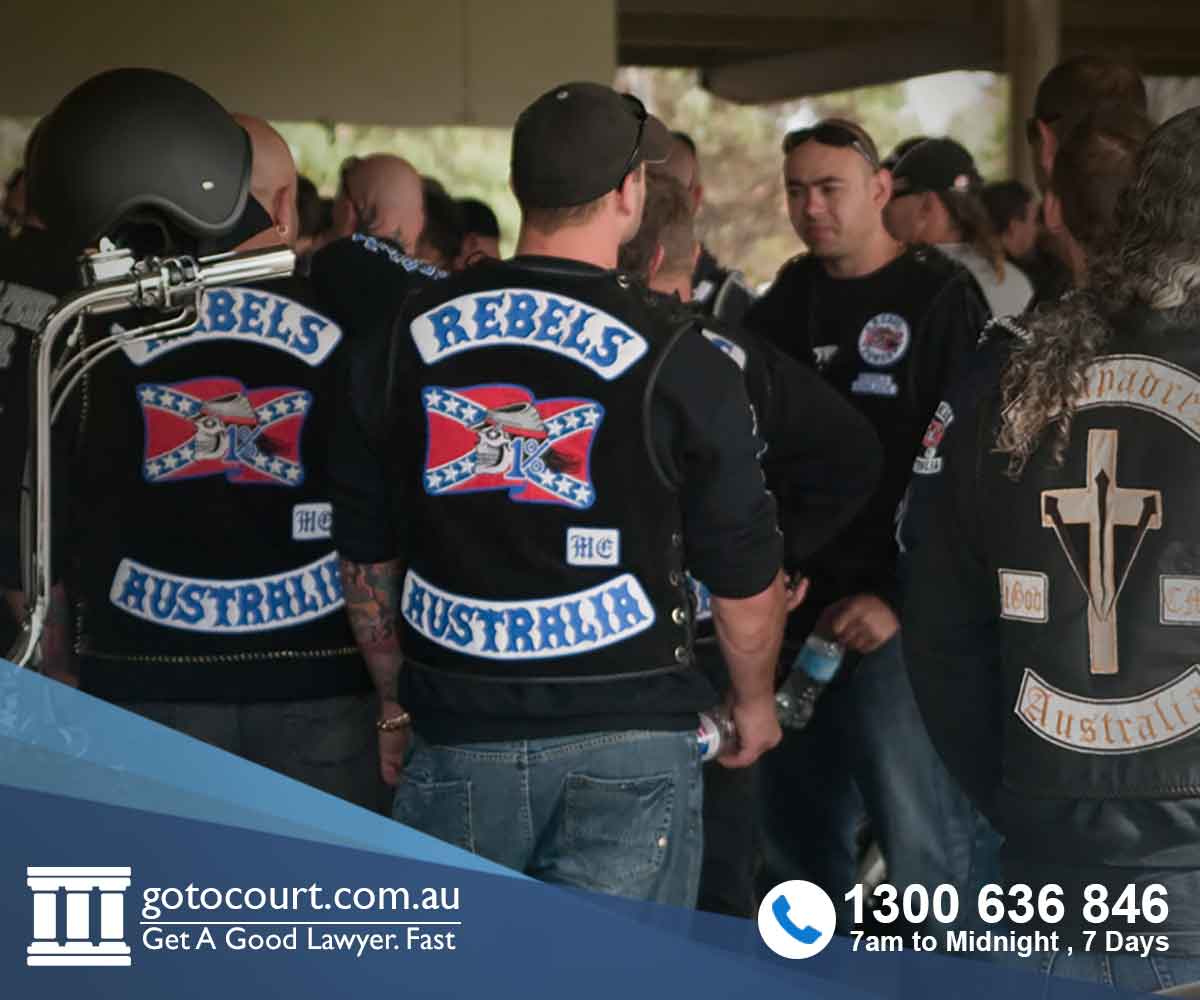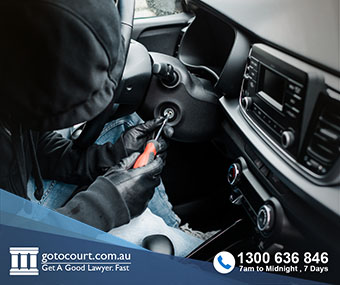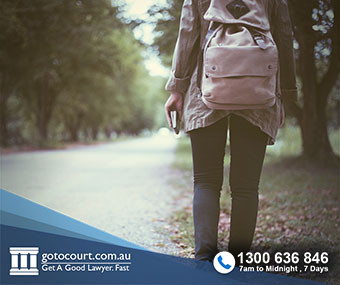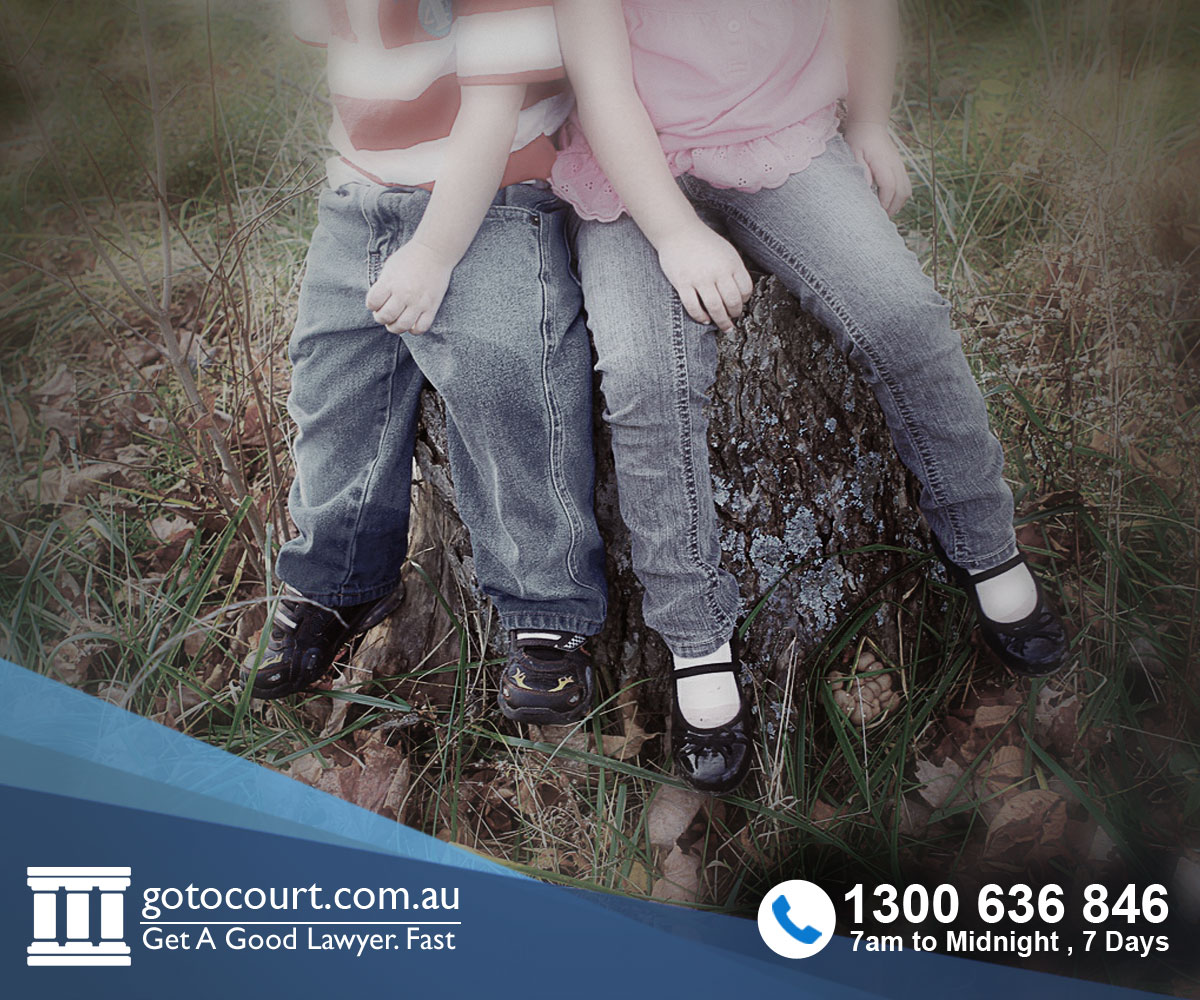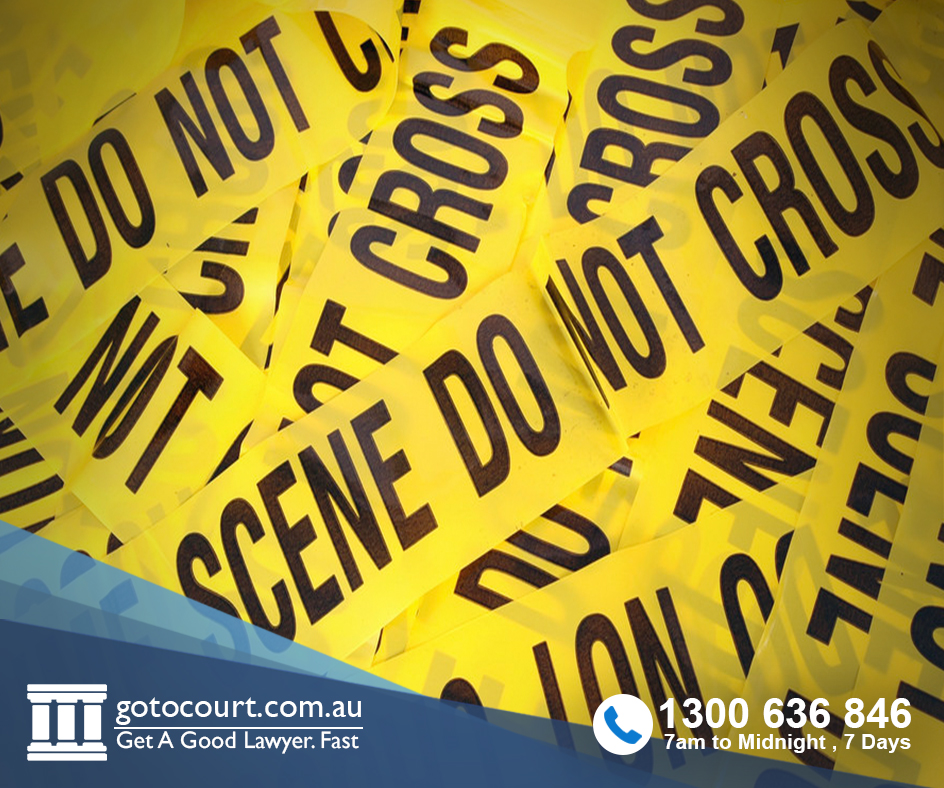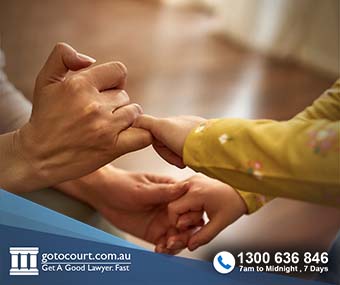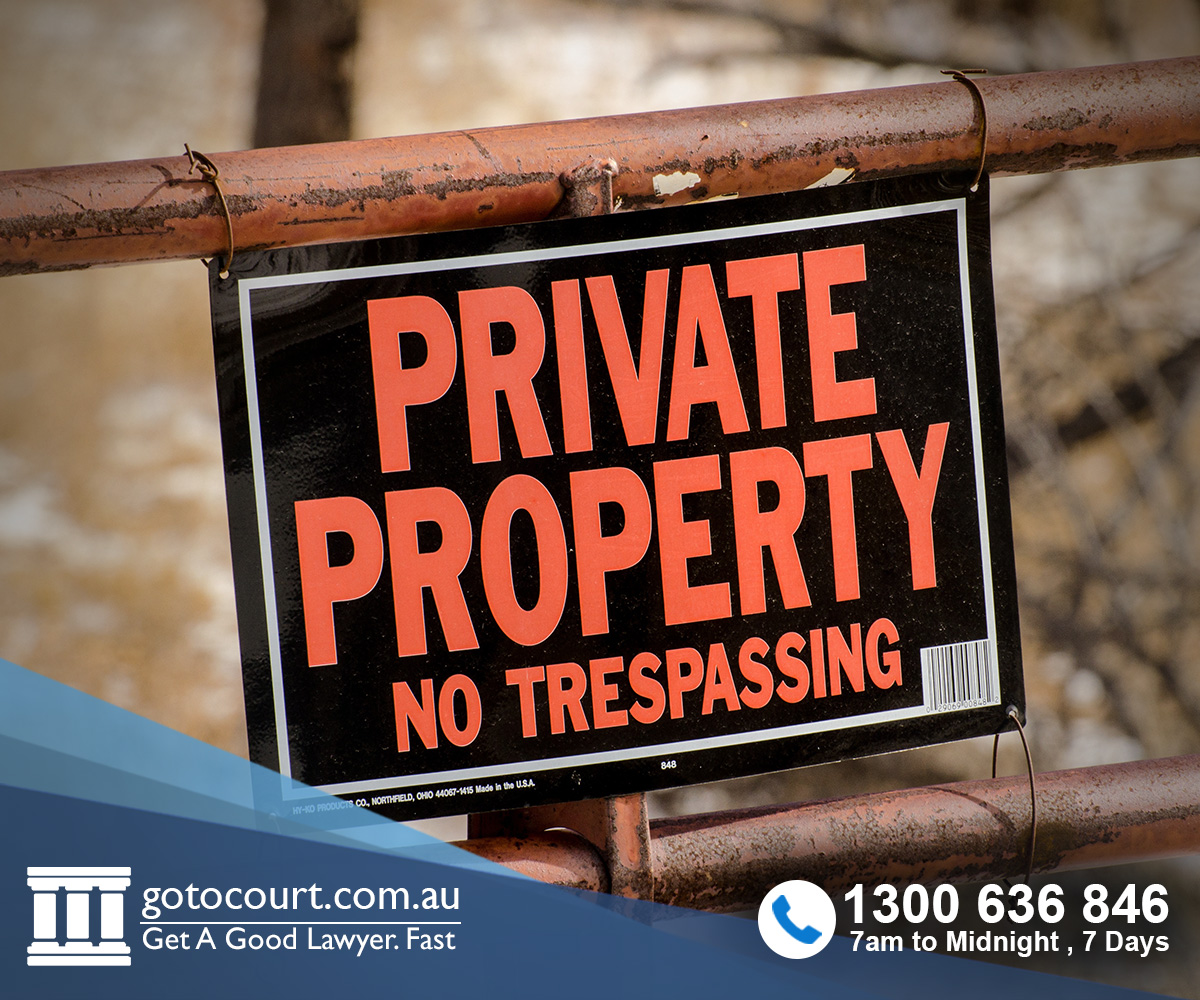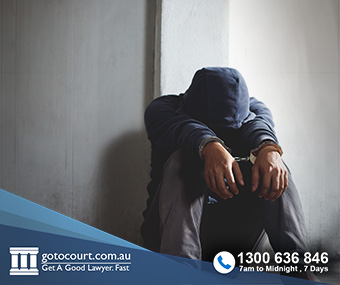Age of Consent (Qld)
Age of Consent (Qld)
The age of consent refers to the age at which a person can lawfully consent to sex. The age of consent differs between different states and territories. In Queensland the age of consent is 16. This is the case regardless of the type of sexual intercourse and the gender of the participants.
Age of consent in Queensland
Until 2016, Queensland had an age of consent of 16 for vaginal sex but an age of consent of 18 for anal sex. Queensland was the only Australian jurisdiction to have different ages of consent for different sexual acts. This was rectified by the Queensland government in 2016. The old system was widely felt to be discriminatory and based on outdated attitudes towards homosexual activity. The Criminal Code Act was also amended in 2016 to remove the word ‘sodomy’ and replace it with ‘anal intercourse.’
There is currently no provision in Queensland allowing for consensual sex between children under 16 where both parties are of a similar age. In other states and territories such laws, sometimes called ‘Romeo and Juliette laws’ exist to allow for the situation where a mutual and consensual sexual relationship exists between young people under 16.
In Queensland, any sex involving a person under 16 is unlawful.
Offences involving sex with a child under 16
In Queensland, it is an offence under section 215 of the Criminal Code Act to engage in penile intercourse with a child under 16. This offence was previously known as ‘carnal knowledge’ and included sexual penetration of any kind. The provision sets out different maximum penalties for this offence depending on the age of the child involved and depending on whether the child has an impairment of the mind. The most serious instances of this offence can attract a penalty of life imprisonment.
The Criminal Code Act also contains a provision of indecent treatment of a child under 16 (Section 210). This provision includes sexual contact that falls short of penetration and includes the exposure of a child to pornography or to an indecent act between the offender and another person.
A range of provisions exists making acts preparatory to sex with a child under 16 unlawful as well. These include taking a child for an immoral purpose (Section 219), procuring a young person for carnal knowledge (Section 217), using the internet to procure a child under 16 to engage in a sexual act (Section 218A) and grooming a child under 16 (Section 218A).
Defences to offences involving sex with a child under 16
Where a person is charged with a sexual offence against a child under 16 and the child was over the age of 12, it is a defence if the accused believed on reasonable grounds that the child was above the age of 16.
In Queensland, unlike some of the other states, if the child consented to sex this cannot be used as a defence. This is the case even if the child was aged 14 or 15.
Child Offender Registers
In Queensland, persons who are found guilty of particular child sex offences are required to register on the Child Protection Offender Registry. Offenders on this registry are required to keep police up to date with their residential details and inform police if they leave Queensland. They are also required to report to police annually.
The Child Protection (Offender Reporting) Act sets out who must register on the Child Protection Offender Registry. Persons found guilty of serious child sex offences must register and remain on the registry for a designated period depending on the offence committed and whether they re-offend. However, person found guilty of a single child sex offence who receive a non-custodial sentence are not required to register (Section 5(2)(b)).
The National Child Offender System, which was established in 1997, records details of all registered child sex offenders in Australia.
The Chief Executive of Corrective Services can release details of sex offenders if it is in the public interest to do so. This may be done when individuals need to know about an offender’s accommodation or employment. Before receiving confidential information about an offender, a person must sign a confidentiality agreement. If they do not sign this agreement they will receive only general information and not information that identifies the offender.
If you require legal advice or representation in any legal matter, please contact Go To Court Lawyers.

Affordable Lawyers
Our Go To Court Lawyers will assist you in all areas of law. We specialise in providing legal advice urgently – at the time when you need it most. If you need a lawyer right now, today, we can help you – no matter where you are in Australia.How It Works




1. You speak directly to a lawyer
When you call the Go To Court Legal Hotline, you will be connected directly to a lawyer, every time.

2. Get your legal situation assessed
We determine the best way forward in your legal matter, free of charge. If you want to go ahead and book a face-to-face appointment, we will connect you with a specialist in your local area.

3. We arrange everything as needed
If you want to go ahead and book a fact-to-face appointment, we will connect you with a specialist in your local area no matter where you are and even at very short notice.

